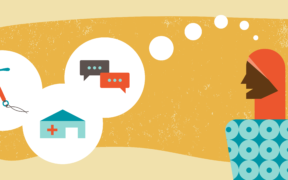Home

Knowledge SUCCESS is pleased to announce the second edition in a series that documents what works in family planning and reproductive health (FP/RH). The series uses innovative design to present, in-depth, essential elements of impactful programs.
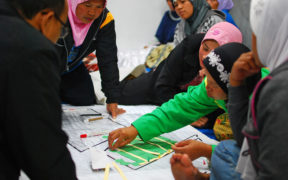
A peer assist is a knowledge management (KM) approach that focuses on “learning before doing.” When a team is experiencing a challenge or is new to a process, it seeks advice from another group with relevant experience. The Knowledge SUCCESS project recently used this approach to facilitate sharing of experiential knowledge between Nepal and Indonesia. Amid declining population growth in Nepal, the project used a peer assist to advocate for continuation of leadership, commitment, and funding allocation for family planning (FP).
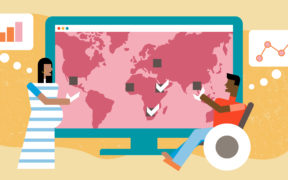
We all know that sharing information across projects and organizations is good for FP/RH programs. Despite our best intentions, however, information sharing doesn’t always happen. We might lack time to share or we aren’t sure if the information shared will be useful. Sharing information about programmatic failures has even more barriers because of the associated stigma. So what can we do to motivate the FP/RH workforce to share more information about what works and what doesn’t work in FP/RH?
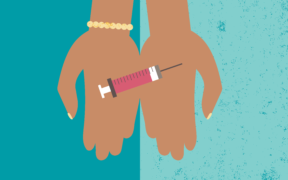
Dans le contexte de la pandémie de Covid, l’autosoin est apparu comme une approche pratique et importante permettant de réduire la pression sur les systèmes de santé mis à rude épreuve, de réduire les inégalités d'accès à la santé et d'améliorer les résultats en matière de santé, en particulier pour les plus vulnérables. Promouvoir l’autosoin à travers un fort engagement des différentes parties prenantes de la santé, y compris le secteur privé et public peut se révéler fructueux au Sénégal. Et, un accompagnement adéquat à la pratique de l’autosoin peut aider les gens à gérer leur propre santé et permettre aux systèmes d'être mieux équipés pour atteindre la couverture sanitaire universelle (CMU).
The private sector in Nepal is an important source of short-acting reversible contraceptives. It represents a critical opportunity to increase contraceptive access and choice. The Government of Nepal (GON) has emphasized the importance of strengthening social marketing and the private sector (National Family Planning Costed Implementation Plan 2015–2020). Nepal CRS Company (CRS) has introduced contraceptive products and services in the country for almost 50 years. Recent innovations in social marketing, through the use of marketing methods, intend to bring about social and behavioral change to improve citizens' quality of life.
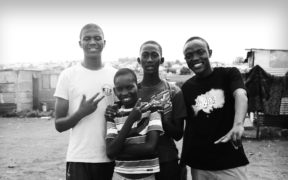
Working in PHE (Population, Health, and Environment) gives me a unique perspective on the realities of community development. A lot of the factors that hinder the realization of optimum human health are closely linked to changes in the environment. As such, PHE projects bring about improved health outcomes, improved environment indicators, and more youth participation in natural resource management. As a young PHE advocate, it is important for me to find integrated and systemic approaches that increase people’s resilience and adaptation to climate emergencies. If you are a youth interested in undertaking your own advocacy journey, here are five things you should know in order to implement an effective advocacy campaign.
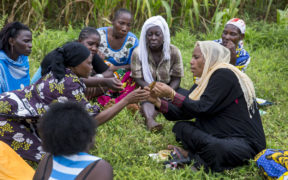
Though discussions around reproductive health services should be open to all, adolescent boys and girls experience often don’t get to take part in them, with their parents and guardians making most decisions about health on their behalf. Kenya’s health department is implementing various interventions focusing on young people. Through The Challenge Initiative’s (TCI) program, Mombasa County received funding to implement high-impact interventions that address some of the challenges young people experience in accessing contraception and other sexual and reproductive health (SRH) services.
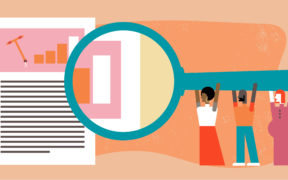
In June 2021, Knowledge SUCCESS launched FP insight, the first resource discovery and curation tool built by and for the family planning and reproductive health (FP/RH) workforce. The platform addresses common knowledge management concerns expressed by those working in FP/RH. It allows users to curate collections of resources on FP/RH topics so they can easily return to those resources when they need them. Professionals can follow colleagues in their field and get inspiration from their collections and stay on top of trending topics in FP/RH. With over 750 members from Africa, Asia, and the United States sharing cross-cutting FP/RH knowledge, FP insight had an impactful first year! Exciting new features are on the horizon as FP insight rapidly evolves to best meet the diverse knowledge needs of the FP/RH community.



